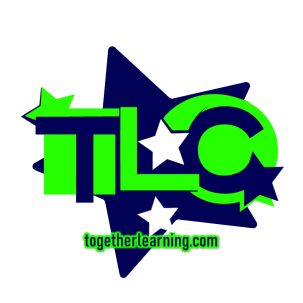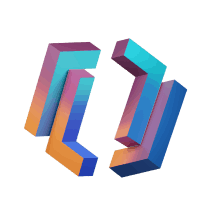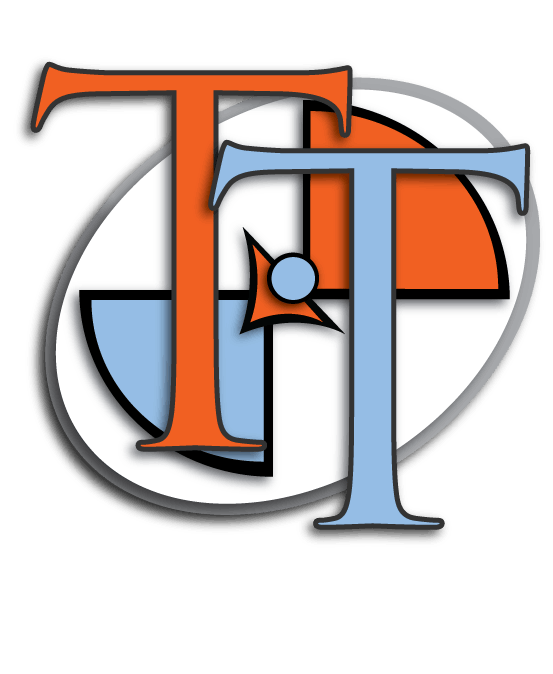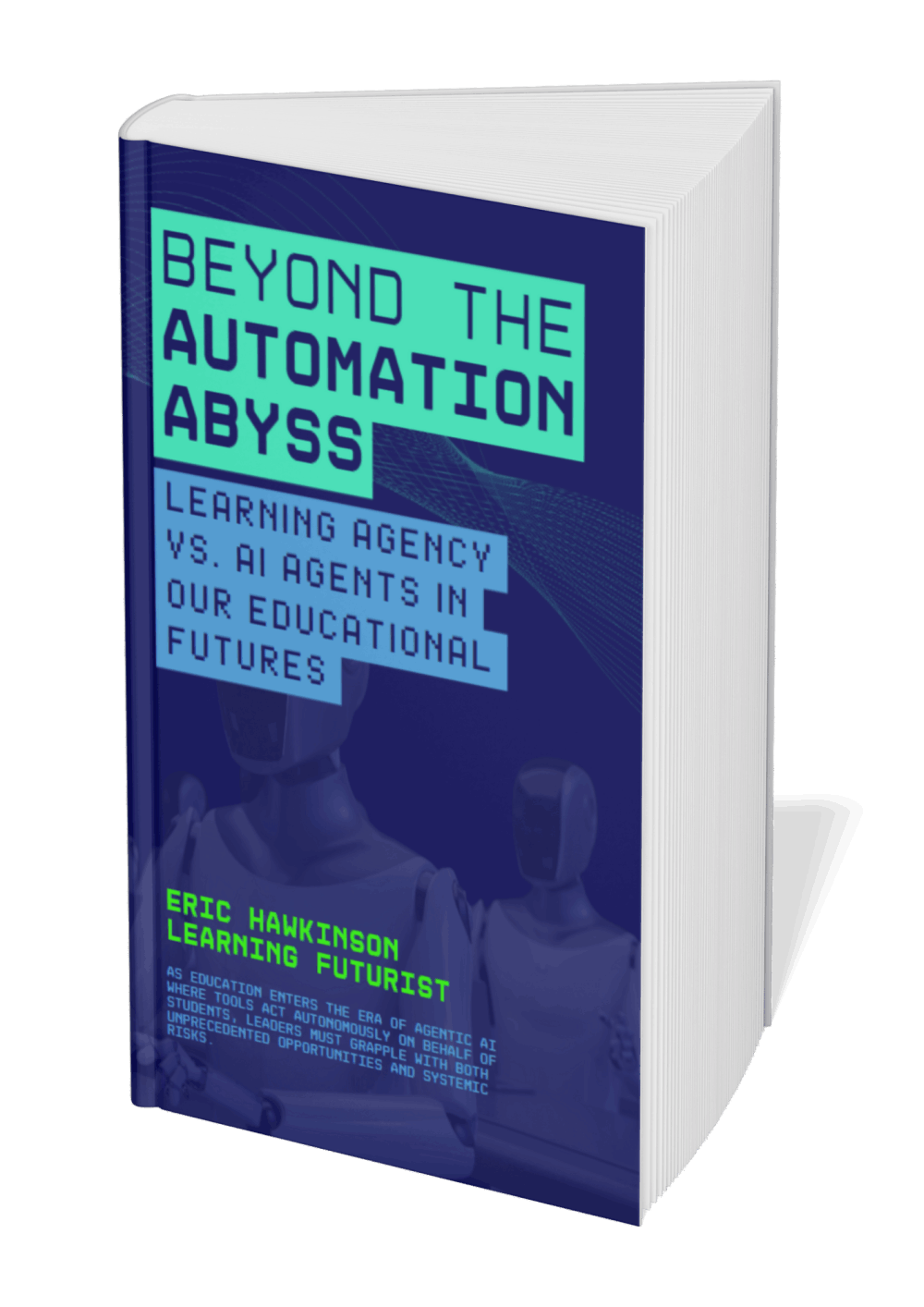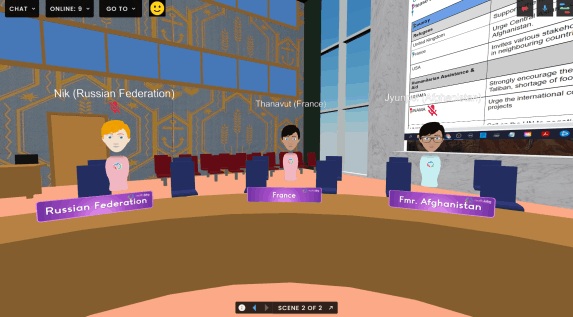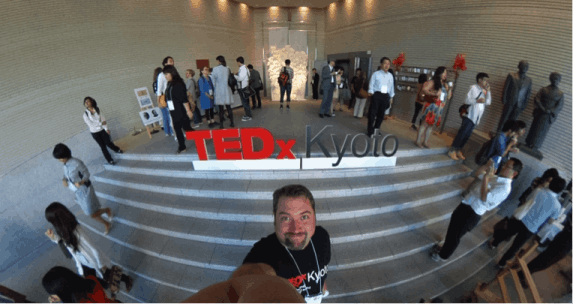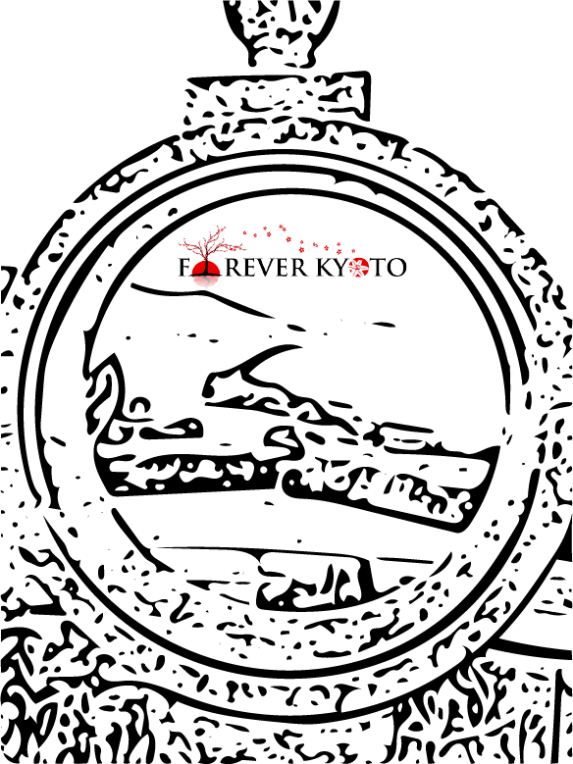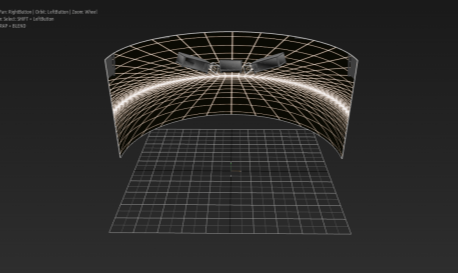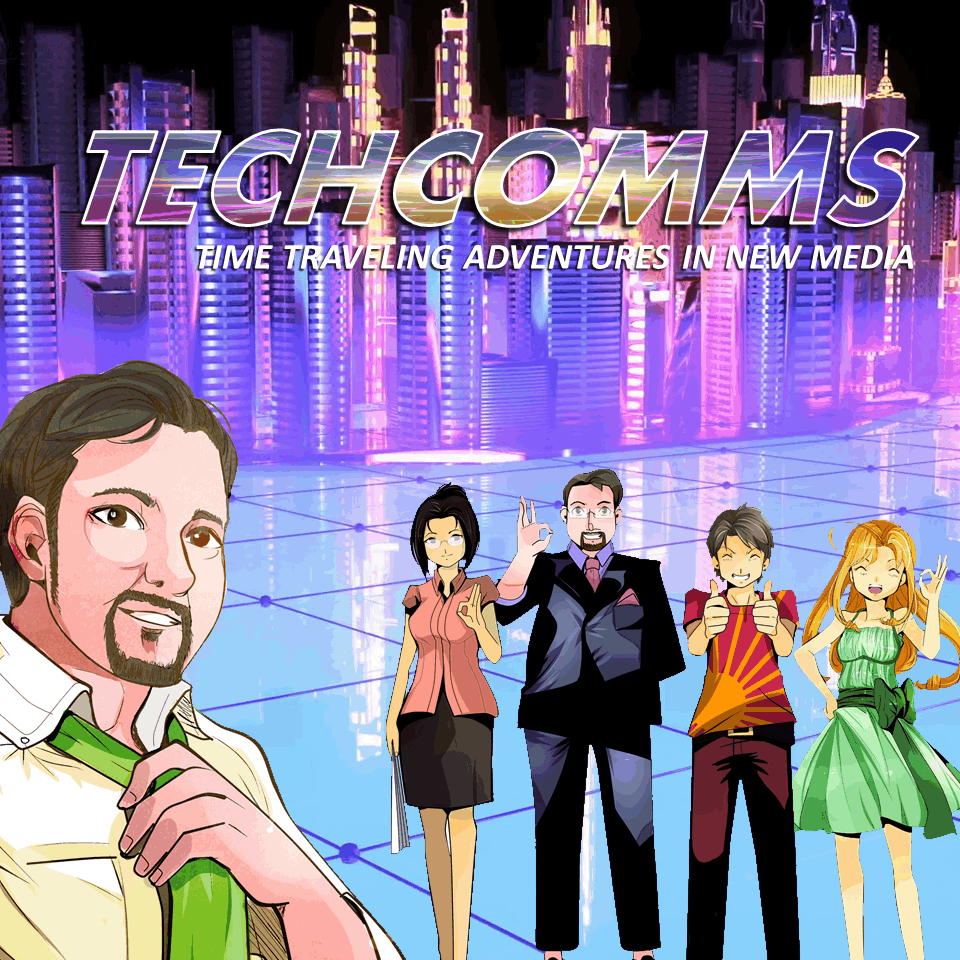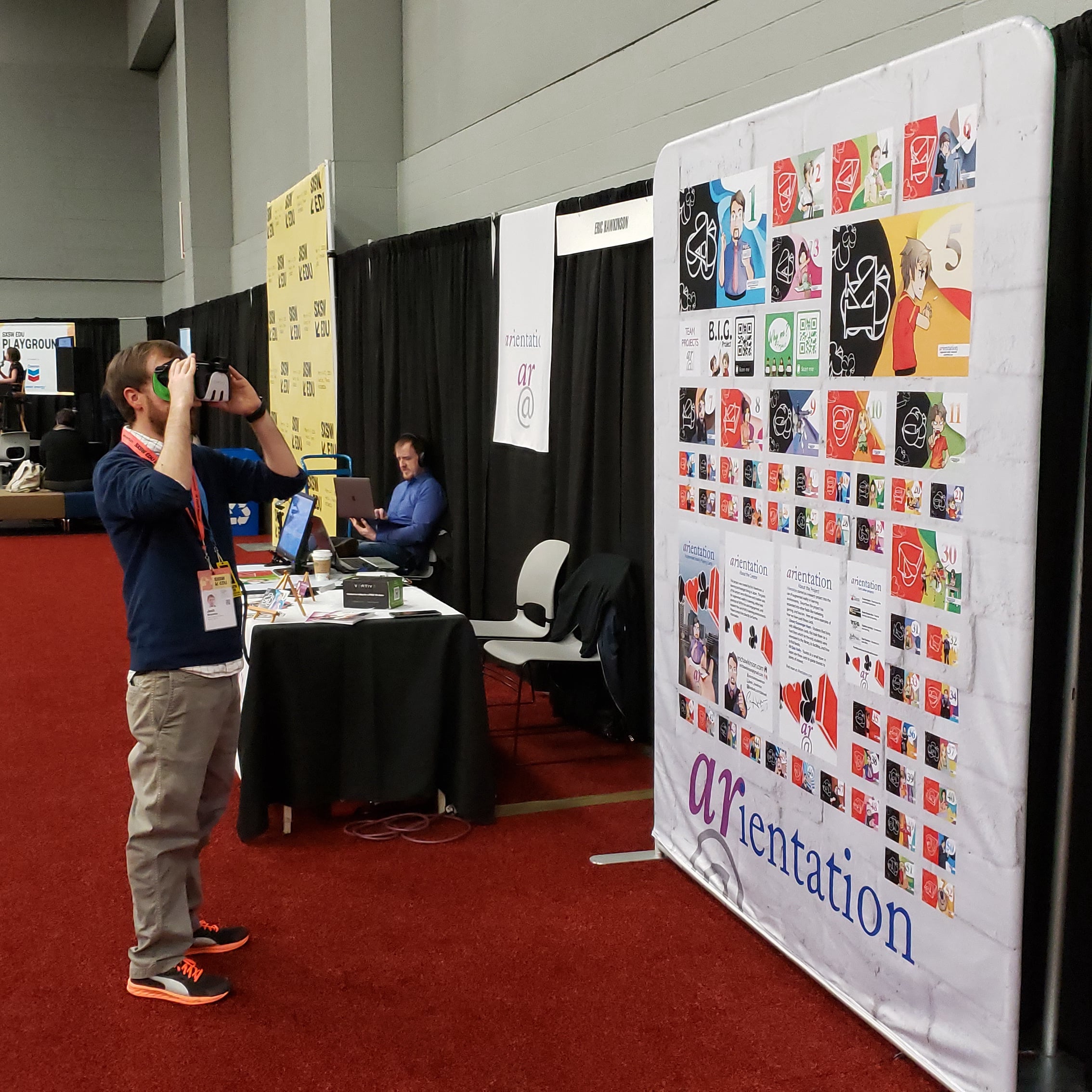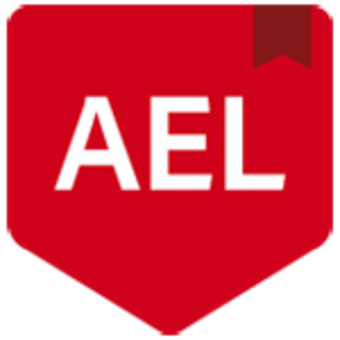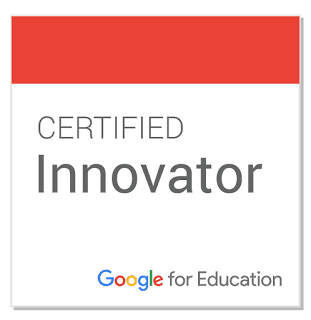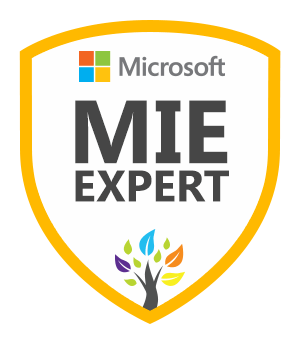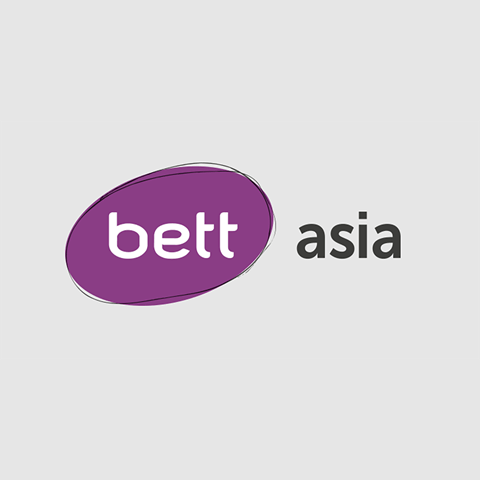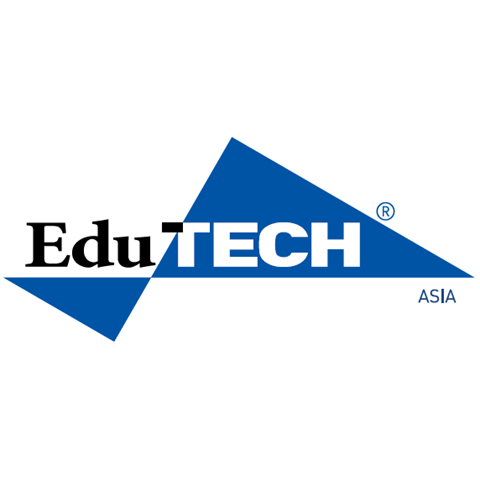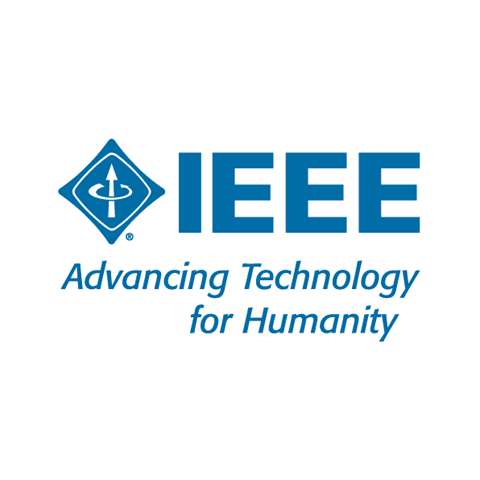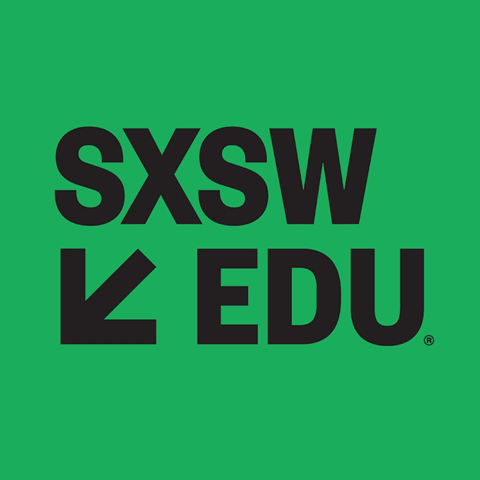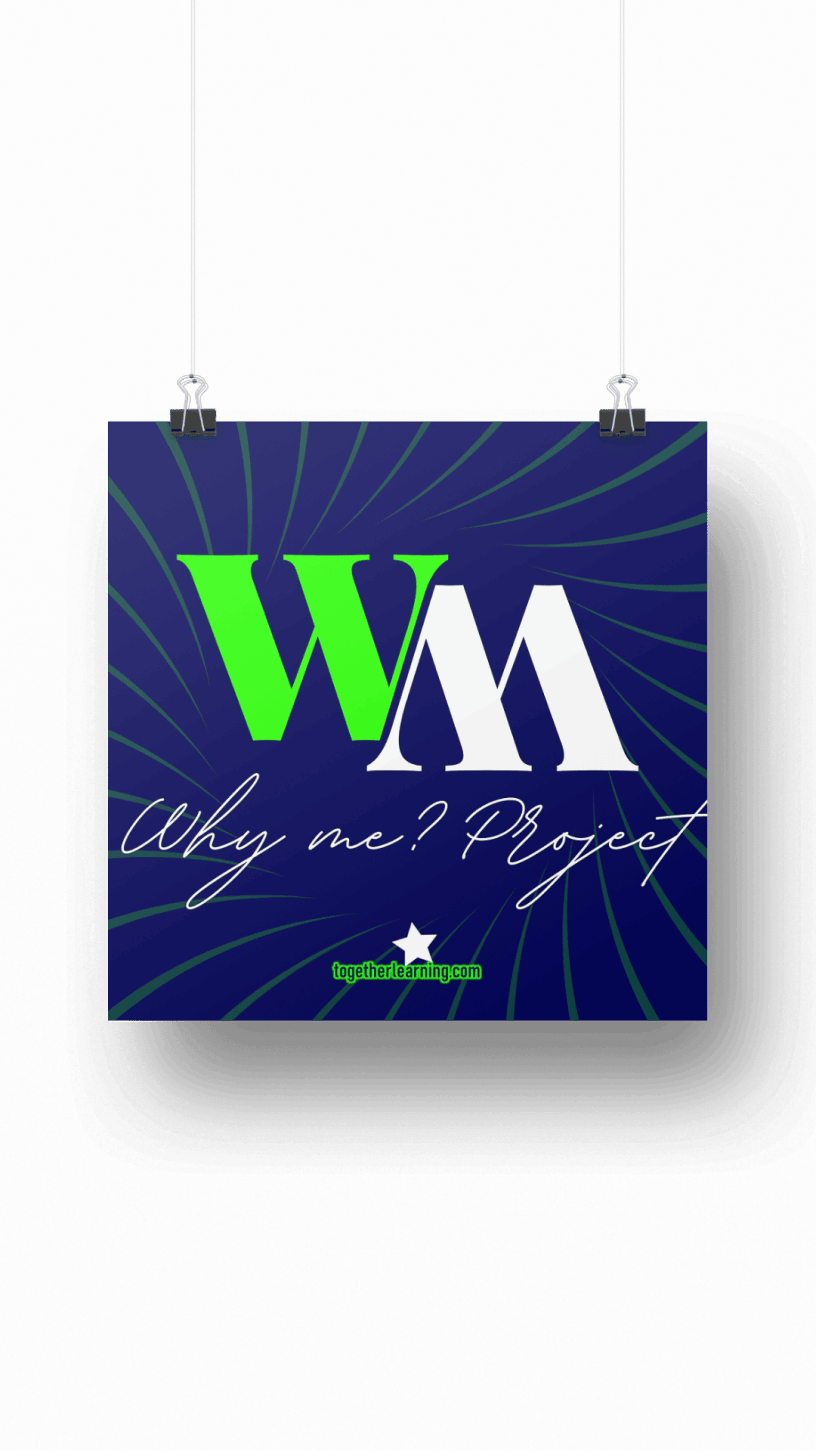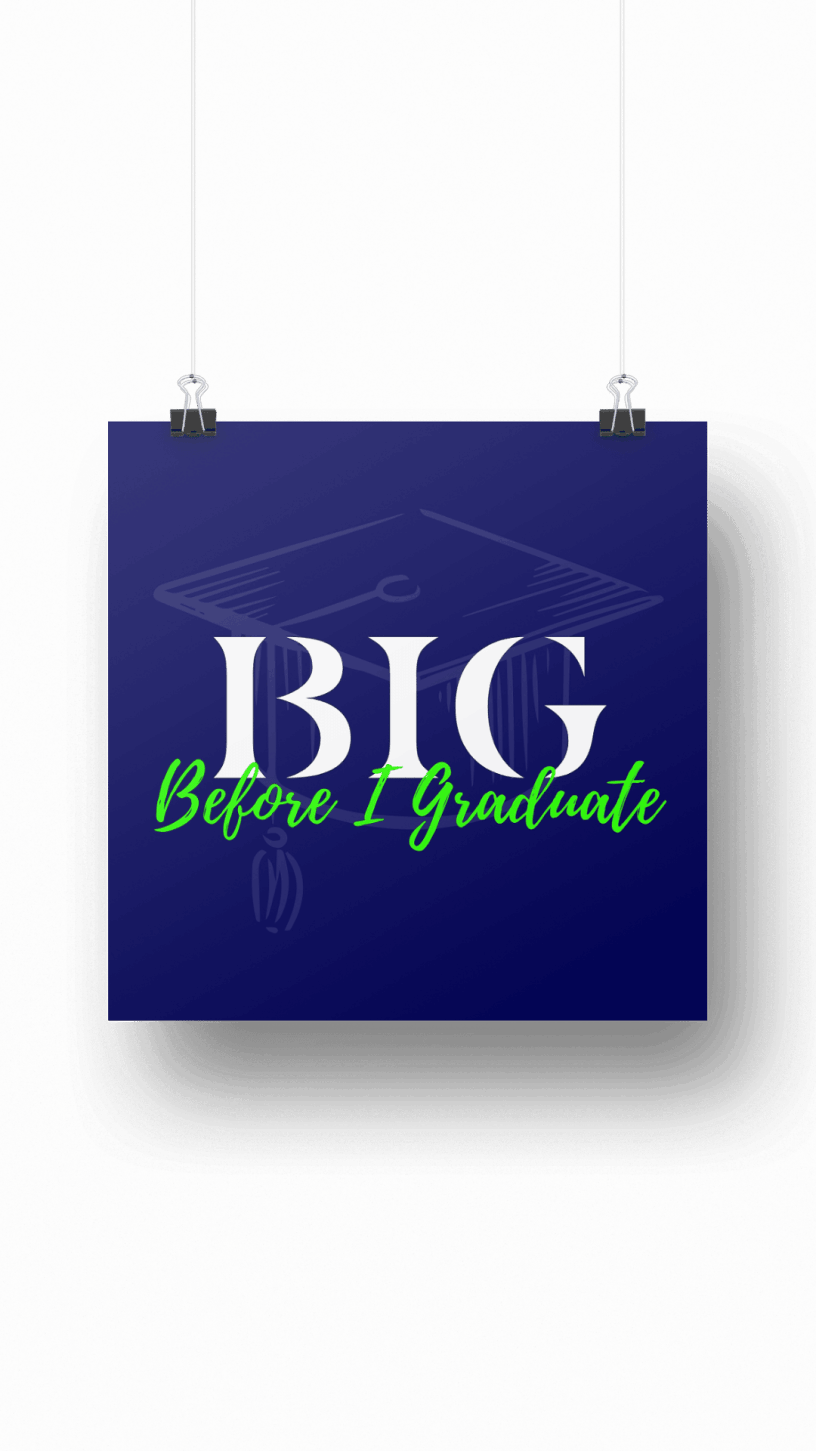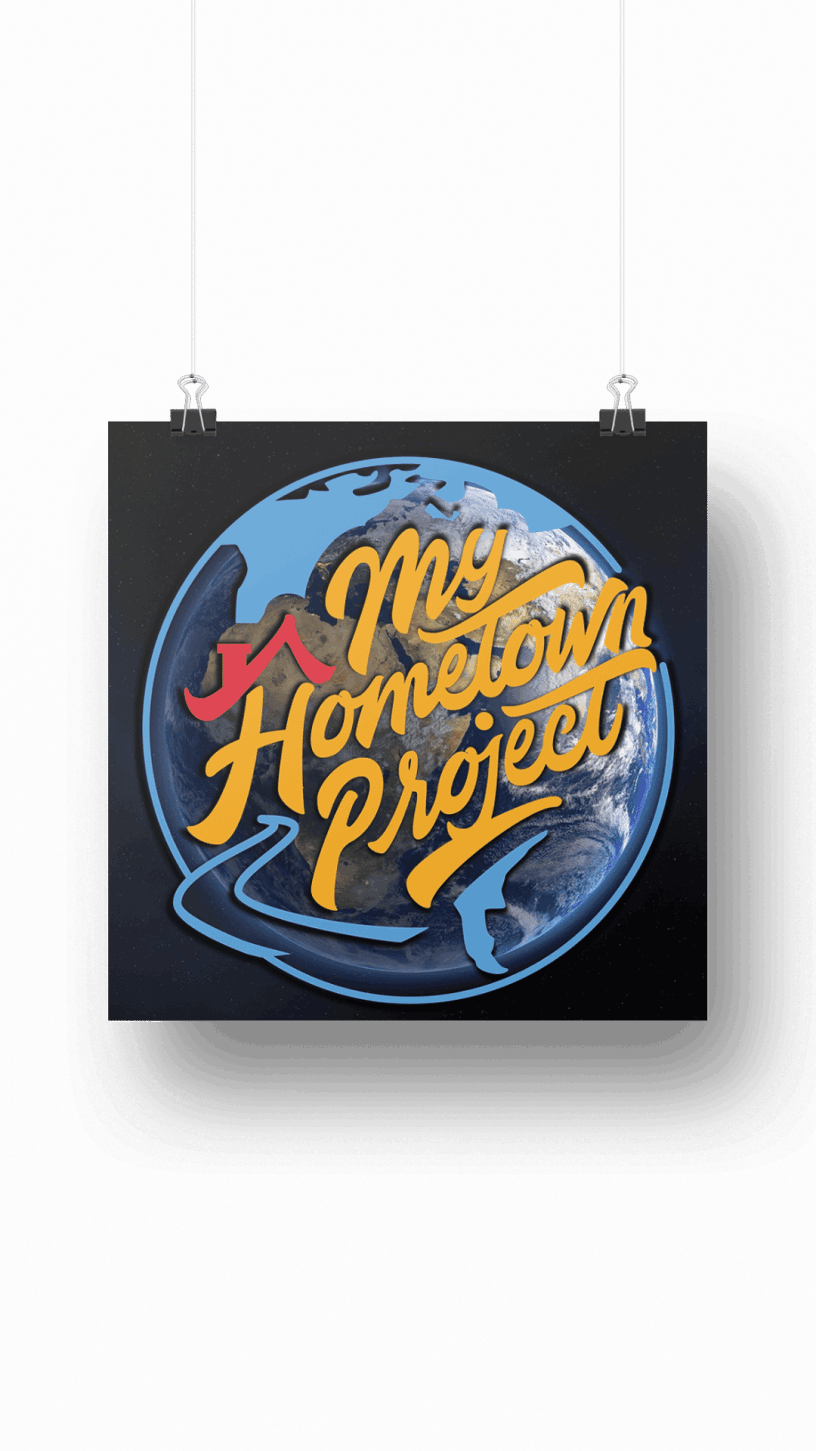About being a
LEARNING FUTURIST
The title of "learning futurist" refers to an individual who focuses on predicting and preparing for the future of education and learning. This role is important to higher education institutions because it helps them stay ahead of emerging technologies and changes in the way people learn. By anticipating and adapting to these shifts, institutions can ensure that they are providing relevant and effective education to their students.
One key aspect of the role of a learning futurist is to identify and analyze trends in emerging technologies, such as augmented reality and artificial intelligence, and to understand how they may impact education in the future. This may involve researching and staying up-to-date on the latest developments in these fields, as well as participating in professional development opportunities and networking with other experts.
In addition to staying informed about new technologies, learning futurists also work to understand the ways in which these technologies can be leveraged to enhance learning experiences and outcomes. This may involve designing and implementing educational programs or resources that incorporate these technologies, or working with faculty and staff to help them integrate these technologies into their teaching practices.
Another important aspect of the role of a learning futurist is to anticipate and prepare for potential disruptions in education that may result from emerging technologies. This may involve developing strategies for dealing with the challenges that these technologies may bring, such as the potential for increased automation and the need for new skills. It may also involve working with higher education institutions to adapt their curricula and programs to keep pace with these changes.
How my work is important in helping
THE WAY FORWARD
The essential activities of a learning futurist generally involve staying informed about emerging technologies and trends in education, analyzing the potential impact of these technologies on learning and teaching, and developing strategies for leveraging and preparing for these changes. This may involve researching and staying up-to-date on the latest developments in fields such as artificial intelligence, virtual and augmented reality, and educational data analytics, as well as participating in professional development opportunities and networking with other experts in these areas.
On a day-to-day basis, a learning futurist may engage in a wide range of activities, depending on the specific needs and goals of the organization they are working for. Some common tasks might include:
- Designing and implementing educational programs or resources that incorporate emerging technologies
- Working with faculty and staff to help them integrate these technologies into their teaching practices
- Developing strategies for dealing with the challenges that emerging technologies may bring, such as the potential for increased automation and the need for new skills
- Adapting curricula and programs to keep pace with changes in education and learning
- Conducting experiments and pilot projects to test new ideas and technologies
- Collaborating with other experts and stakeholders to develop and implement innovative approaches to education
